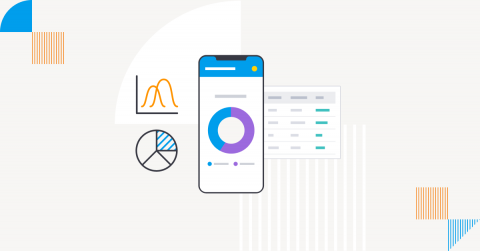5 Ways Data Lake Can Benefit Your Organization
Today organizations are looking for better solutions to guarantee that their data and information are kept safe and structured. Using a data lake contributes to the creation of a centralized infrastructure for location management and enables any firm to manage, store, analyze, and efficiently categorize its data. Organizations find it extremely difficult to deal with data because the information is kept in silos and in multiple formats.











